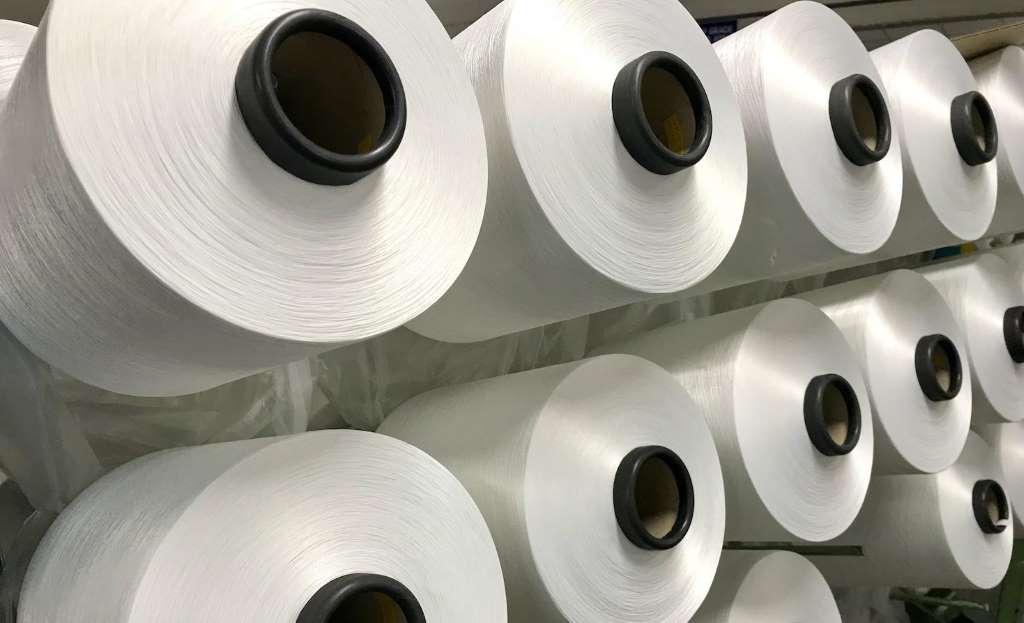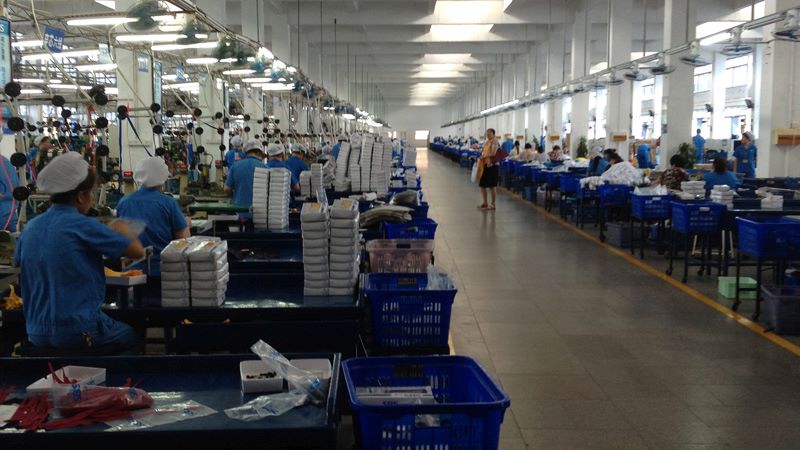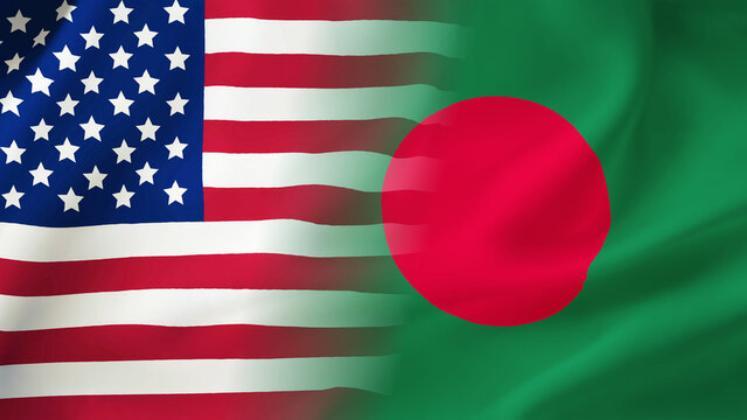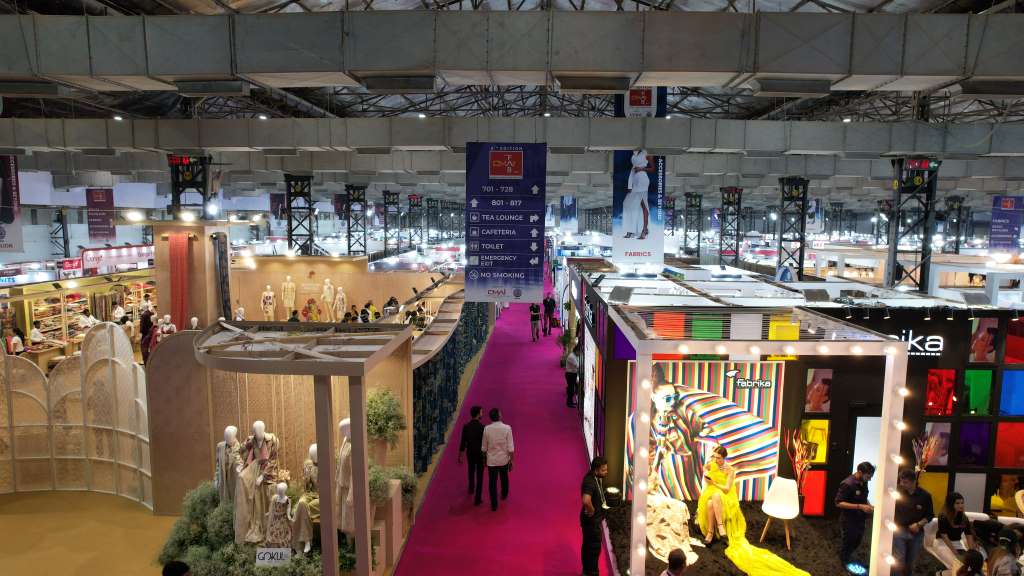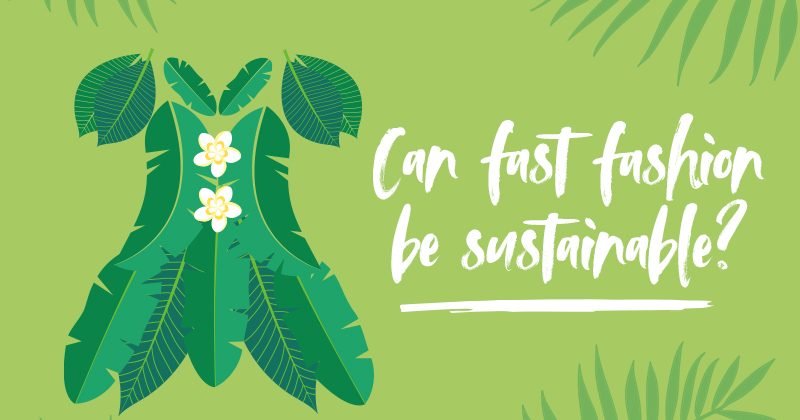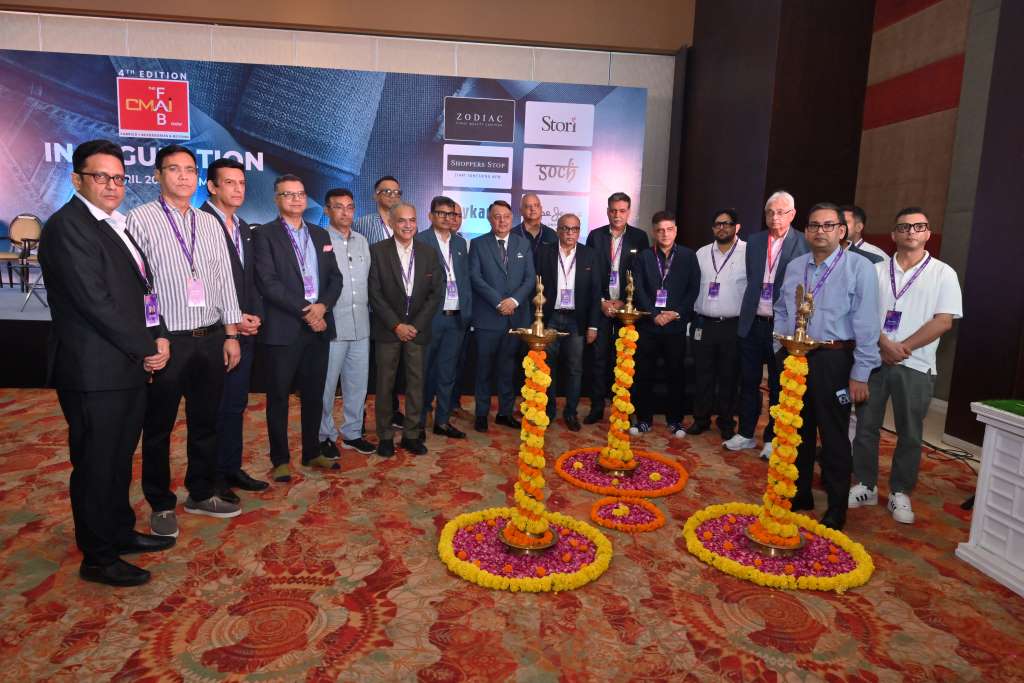"Grassroot initiatives and pathbreaking strategies are fuelling US President Trump’s agenda of ‘Made in US’. For instance, American Giant has launched its first new product of 2018 the ‘Roughneck Pant’ for men and probably its most challenging to stay true to its Made in American sourcing strategy. As Bayard Winthrop, CEO, American Giant points out, the company wanted to make a stretch canvas pant that was both utilitarian and looks great. Producing that material and silhouette in the US is a challenge because the machinery isn’t widely available. It forced them to expand manufacturing footprint to Georgia to make the pants the way they wanted. Similarly, last Fall, American Giant introduced its first structured jacket as part of its Work Collection. It was a men’s mechanic jacket made from durable water-resistant canvas."
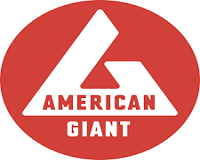
Grassroot initiatives and pathbreaking strategies are fuelling US President Trump’s agenda of ‘Made in US’. For instance, American Giant has launched its first new product of 2018 the ‘Roughneck Pant’ for men and probably its most challenging to stay true to its Made in American sourcing strategy. As Bayard Winthrop, CEO, American Giant points out, the company wanted to make a stretch canvas pant that was both utilitarian and looks great. Producing that material and silhouette in the US is a challenge because the machinery isn’t widely available. It forced them to expand manufacturing footprint to Georgia to make the pants the way they wanted. Similarly, last Fall, American Giant introduced its first structured jacket as part of its Work Collection. It was a men’s mechanic jacket made from durable water-resistant canvas.
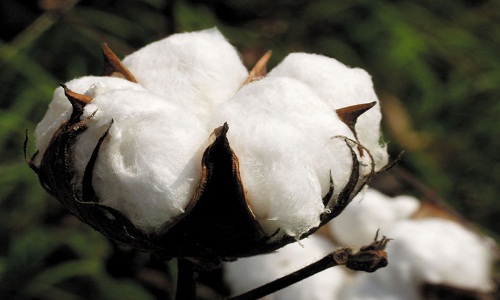
The Roughneck pants are made with fabric milled in Georgia and constructed into a five-pocket, relaxed fit garment in Los also has two company-owned cut-and-sew facilities around Raleigh, Angeles. American Giant NC, which are supported by a Carolinas-based cotton supply chain. Winthrop says it’s a unique approach to product development because it always comes down to supply chain and the company’s deep commitment to its manufacturing partners. The company takes keen interest in knowing the entire value chain from cotton farmers to ginners, yarn spinners and knitters. Proximity to the production process allows the company to get the product right, maintain quality and continue to build on its US manufacturing presence.
As per the National Council of Textile Organizations (NCTO) figures, value of US man-made fibre and filament, textile and apparel shipments increased 4.7 per cent in 2017 to reach $77.9 billion, which is 16 per cent above 2009 levels. Investment in fibre yarn, fabric and other non-apparel textile product manufacturing more than doubled to $2.1 billion in 2016 from $960 million in 2009.
Georgia driving growth
Georgia is the source of a new initiative to promote apparel manufacturing in the state. A new line of ‘Georgia Grown’ T-shirts made with cotton grown locally and T-shirts sewn in the state bowed recently. The project is a partnership with the Georgia Cotton Commission, Georgia Vocational Rehabilitation Agency and Georgia’s cotton farmers. Gary W. Black, Georgia Commissioner of Agriculture, said that with the largest row crop industry in this state being cotton, it is an honour to present 100 per cent cotton shirts grown and sewn in Georgia. The 100 per cent cotton shirts are sourced from South Georgia and ginned at Osceola Cotton Company in Irwin County, Ga. Platinum Sportswear receives the finished fabric and sews the shirts at its facility in Wilkes County. The entire process is completed within a 600-mile radius. Georgia Grown has partnered with local screen printers, including Georgia Industries for the Blind, to complete the design process, the shirts can be customised and feature a 100 per cent Georgia Grown cotton tag.
Nathan Deal, Georgia Governor says with more than $73 billion in economic output each year, agribusiness is the largest industry. An important part of that industry, which is directly tied to this Georgia Grown project, is the cotton sector, as almost 20 per cent of all American cotton comes from Georgia. With this project, the government is recognising the farmers, growers and raisers who are ultimately responsible for so much other business all along the farm-to-consumer supply chain.
Saint Louis
Similarly, Saint Louis Fashion Fund is making efforts to bring the city’s fashion industry and manufacturing back to its roots of a Midwest center of apparel wholesaling. Susan Sherman, co-founder and chair, Saint Louis Fashion Fund, said the fund’s incubator, ongoing search for a high-tech apparel manufacturing facility and request for proposals to transform Washington Avenue and restore its garment district, will help re-ignite the fashion industry in St. Louis. The Incubator is offering a two-year program in business, fashion, merchandising and retail to six designers selected through a national search. Each designer has a studio in the Saint Louis Fashion Incubator and access to shared resources like cut-and-sew capabilities, a reference library, conference and meeting rooms, office equipment, and a small retail boutique to show their lines.
The Saint Louis Fashion Fund is working with Washington University’s Olin School of Business, the Sam Fox School of Design and Visual Arts, and other local and national partners. Sherman informed that there are pockets of apparel manufacturing in St. Louis, but it’s basic sewing like uniforms. The fund has been in touch for networking and collaboration with similar programs in Detroit, Nashville, Minneapolis, Dallas and Chicago.

